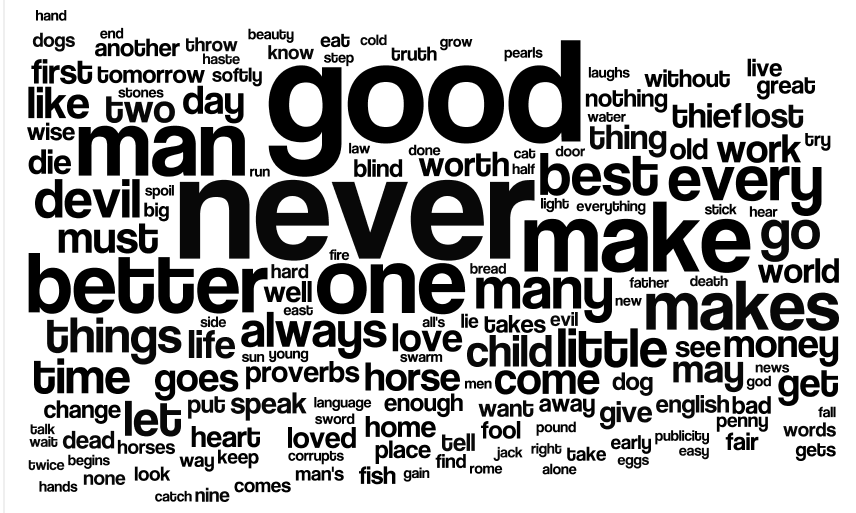
Gary Martin
Writer and researcher on the origins of phrases and the creator of the Phrase Finder website. Over the past 26 years more than 700 million of his pages have been downloaded by readers. He is one of the most popular and trusted sources of information on phrases and idioms.
